A former Attorney General of the Federation (AGF) and Minister of Justice, Chief Michael Aondoakaa (SAN), has maintained that before a candidate can be declared winner in a presidential election, that candidate must score 25 per cent of the votes cast in the election in 2/3 of the 36 states and the Federal Capital Territory (FCT), Abuja.
This is coming as a constitutional lawyer, Prof. Mike Ozekhome (INEC), faulted the Independent National Electoral Commission (INEC) for going ahead to declare Senator Bola Ahmed Tinubu of the All Progressives Congress (APC) as the President-elect, having not scored the required 25 per cent in the FCT.Aondoakaa, who stated this while appearing as a guest on ARISE NEWS Channel programme, maintained that this requirement had been the law and has not changed since the pronouncement of the Supreme Court in 2008.
There have been mixed reactions by lawyers on the issue since Wednesday when Tinubu was declared the winner of the February 25 presidential election by the Independent National Electoral Commission (INEC).Tinubu secured 8,794,726 votes to defeat Atiku Abubakar of the Peoples Democratic Party (PDP), who polled 6,984,520 votes, while Mr. Peter Obi of the Labour Party scored 6,101,533 votes.
While Tinubu and Atiku won 12 states each, Obi won 11 states and the Federal Capital Territory (FCT), while Kwankwaso defeated the three only in Kano State.Of the three leading presidential candidates, only Obi won the FCT, which is believed to be a very strong constitutional requirement to become the President of Nigeria.
Obi scored 281,987 votes or 62 per cent of the total votes cast in the FCT, while Tinubu scored 90,902 or 20 per cent.On his part, Atiku scored 73,743 votes, or 16 per cent of the total votesWhile the 1999 Constitution states that a presidential candidate must secure the highest number of votes cast at the election, it further added that the candidate must also secure not less than 25 per cent of the votes cast in at least two-thirds of all the states of the federation and the FCT.Though Tinubu scored the highest number of votes cast at the election and also polled at least 25 per cent of the valid votes in at least 24 states in line with the Constitution, the former Lagos State governor did not secure 25 per cent in the FCT.
Specifically, Section 134 (2) states: “A candidate for an election to the Office of President shall be deemed to have been duly elected where, there being more than two candidates for the election: (a) he has the highest number of votes cast at the election; and (b) he has not less than one-quarter of the votes cast at the election in each of at least two-thirds of all the states in the federation and the Federal Capital Territory, Abuja.”
But while noting that the matter is already in court and, as such, he would not dwell deeply on it, the former AGF recalled that the Supreme Court had in 2008 in a suit involving the current President, Muhammadu Buhari, and the then President, Alhaji Umaru Musa Yar’Adua, resolved the issue of the 25 per cent in 2/3 of the states of the federation and the FCT.
“It’s a very difficult situation, but the matter has been interpreted before, around 2008, in a matter involving the current President,” he said, adding that “the pronouncement then was that the ‘and’ is used conjunctively; that was the interpretation then.“Maybe the Supreme Court may have another look since it was a long time ago, but as of now, that is the interpretation.“The interpretation was that the states and the Federal Capital Territory shall be construed conjunctively. In order words, you must get 25 per cent in 2/3 and 25 per cent in the FCT if you go by the interpretation of the Supreme Court in 2008.
“But I know the Supreme Court has a right to depart from his previous decisions if the justices of the case demand so.“I don’t know if confronted with a similar situation they will follow their own decision or depart from it,” he added.Meanwhile, a constitutional lawyer, Prof. Ozekhome (SAN), has faulted INEC for declaring Tinubu as the president-elect having not scored the required 25 per cent in the FCT.
“The Constitution says you must get 25 per cent in 24 states, and in FCT, Bola Ahmed Tinubu did not score 25 per cent in the FCT, and since he didn’t score 25 per cent in the FCT, he should not have been declared president as INEC wrongly did,” he said.While claiming that the February 25 presidential election was not free, fair, and credible, Ozekhome pointed out that Tinubu would continue to “carry a very heavy, strong burden of legitimacy and lack of it on his neck like an albatross; it doesn’t require demonstration or protest on the street; the issue is a moral burden on him.”
The senior lawyer noted that in seeking 25 per cent in 2/3 of all the states of the federation and the FCT, the Constitution clearly distinguished the FCT as a separate entity or a special territory, wherein the presidential candidate needs to obtain at least 25 per cent of the total votes cast in the election.“The framers of the Constitution certainly desired for Nigeria a President that is widely accepted with a national spread and not one that has only the support of his tribe or region. Hence they provided in the Constitution the sections relating to the election of the President because of our peculiarities as a multi-diverse and multi-facetted nation.
“The provisions contained in Section 134 of the Constitution are meant to reflect this. In the same light, the framers of the Constitution viewed the FCT as a melting pot, a sort of mini-Nigeria. Thus, as a commentator posited, the position or status of the FCT assumes that of a compulsory question that a presidential candidate must answer in the electoral examination.
“The only logical conclusion is that sections 134 and 299 are not mutually exclusive or contradictory. Rather, Section 299 supports and complements section 134. To show this distinctiveness, FCT has never conducted any elections, either for gubernatorial candidates or state Houses of Assembly members, as done by states. Rather, under Section 301 of the Constitution, the FCT is governed by the President with an appointed Minister as his proxy in the form of Minister of the FCT. Likewise, the FCT does not have its own state House of Assembly but legislates through the National Assembly. This, therefore, speaks to its distinct status, which is not affected by section 299.
“Whether Abuja is regarded as a full state, pseudo-state, quasi-State, or semi-State, is immaterial. Even if it is none of these, the intention of the Constitution-makers matters if in their wisdom, they decided to reckon with the votes cast in even a single LGA in Nigeria, along with votes cast in the 36 states recognised under the 1999 Constitution, to decide the winner of a presidential election, then the six Area Councils in the FCT cannot be treated lesser or ignored,” the senior lawyer explained.
Monday, March 6, 2023

Aondoakaa Insists Tinubu Must Score 25% In FCT To Be Declared Winner
Tags
# NAIJASHARE

Share This
About flavourway
Flavourway is the most visited online platform that Delivers Hot Naija News, Lifestyle, Sports News, Fashion, Education, Mixtape, Entertainment,Music, Video And More.Content on a daily Basis to Nigeria home and abroad.
Nigerian Banks Hike SMS Alert Charges
flavourwayApr 30, 2025FBI, CIA, DEA, Others Reveal Date To Release Tinubu US Investigation Reports
flavourwayApr 30, 2025FG Declares May 1 As Public Holiday
flavourwayApr 30, 2025
Tags:
NAIJASHARE
Subscribe to:
Post Comments (Atom)




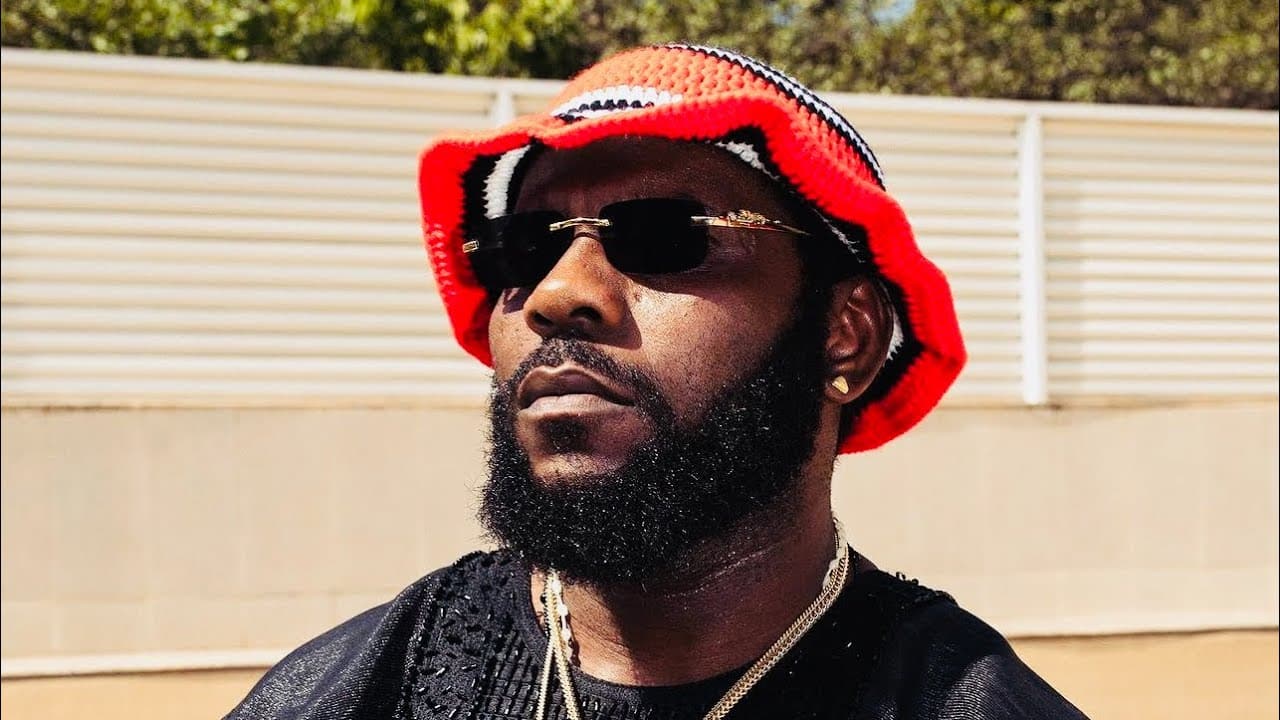


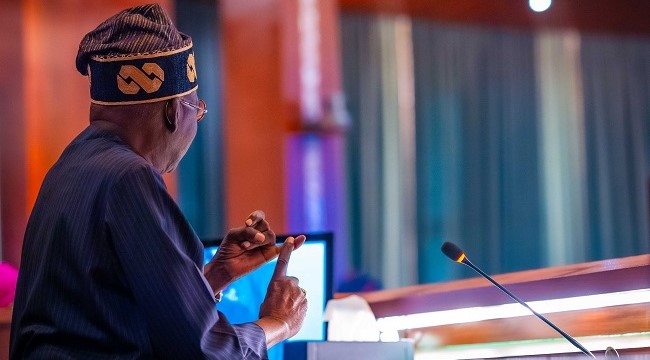
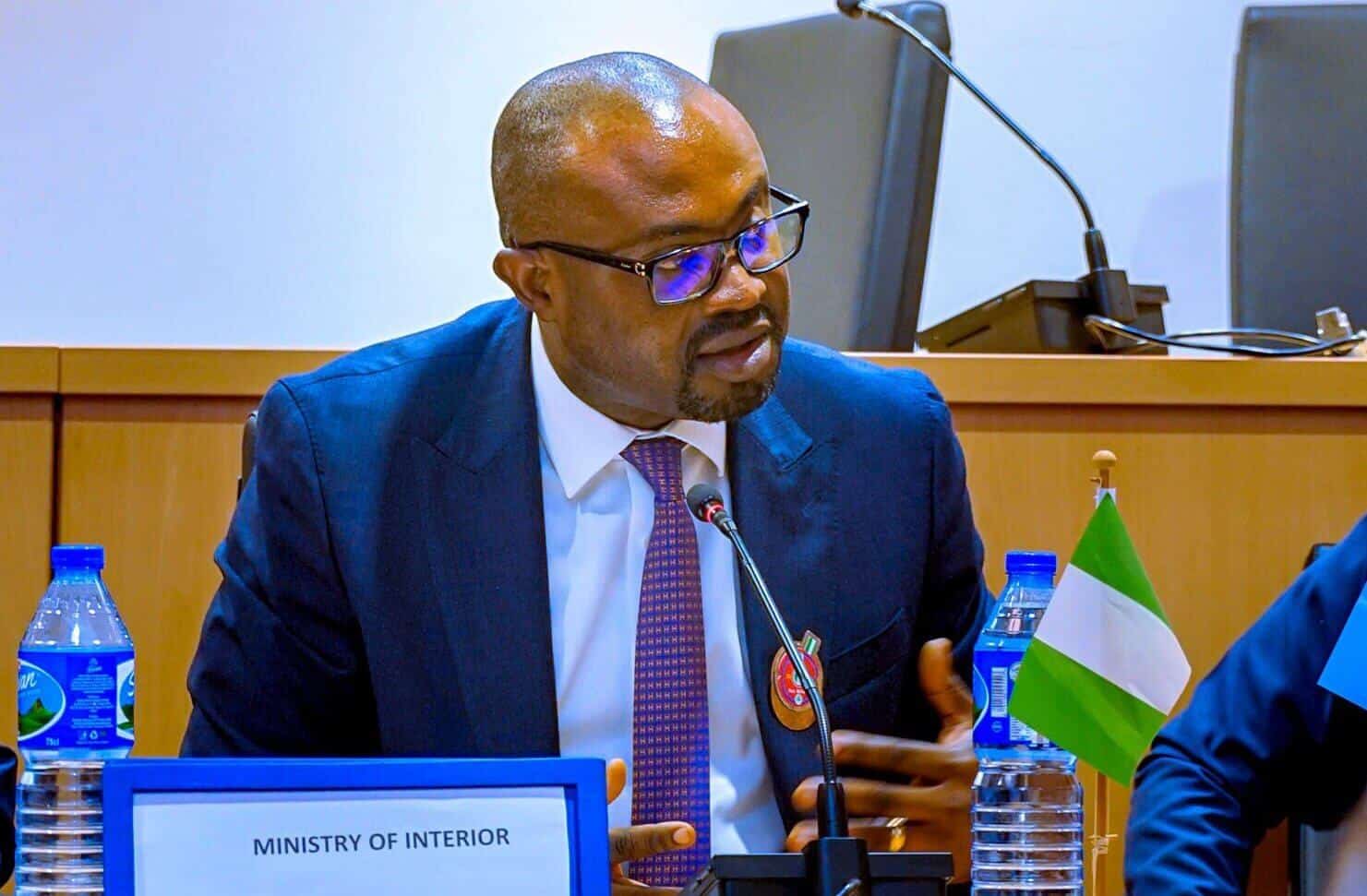
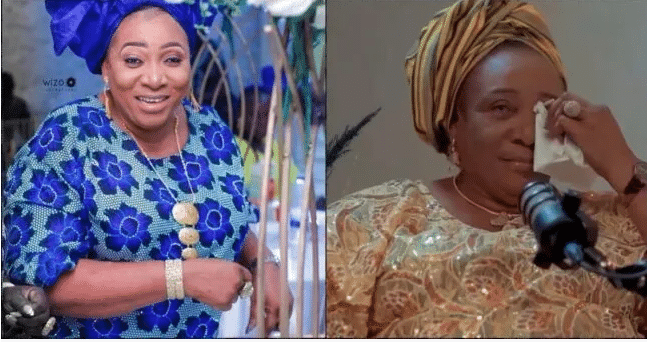
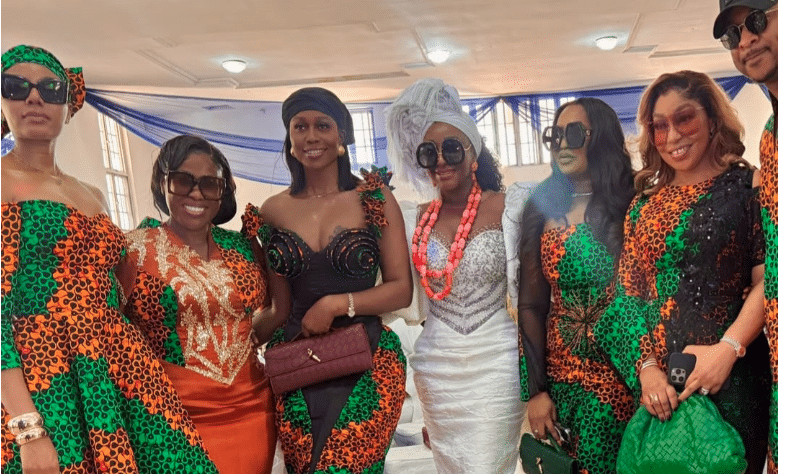



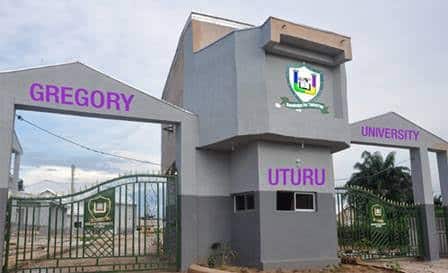

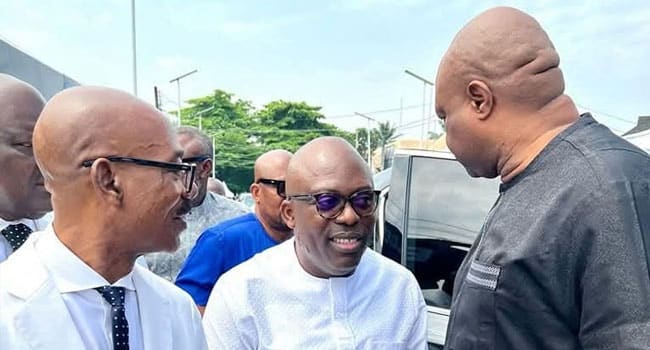
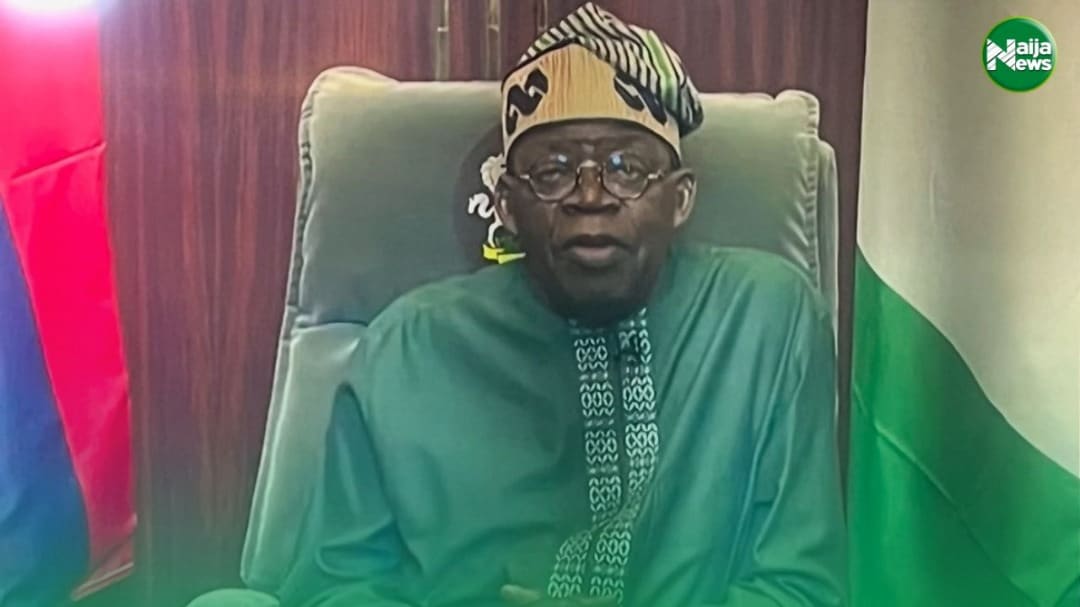
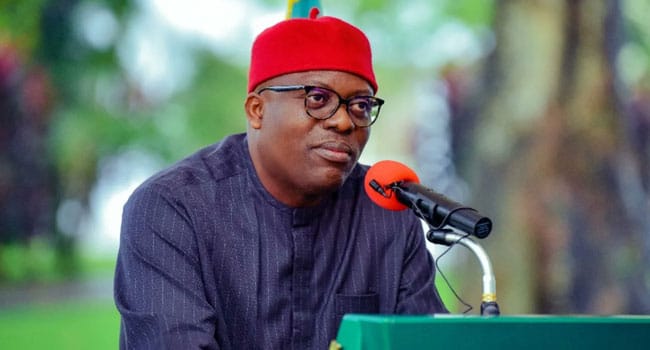
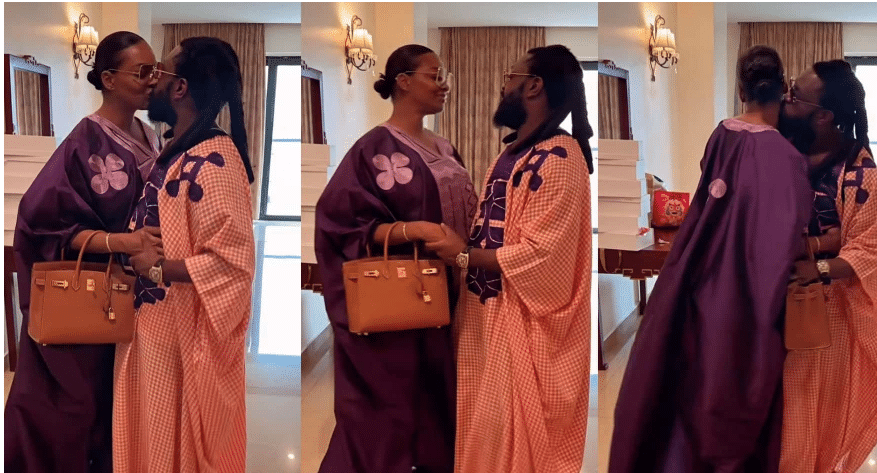
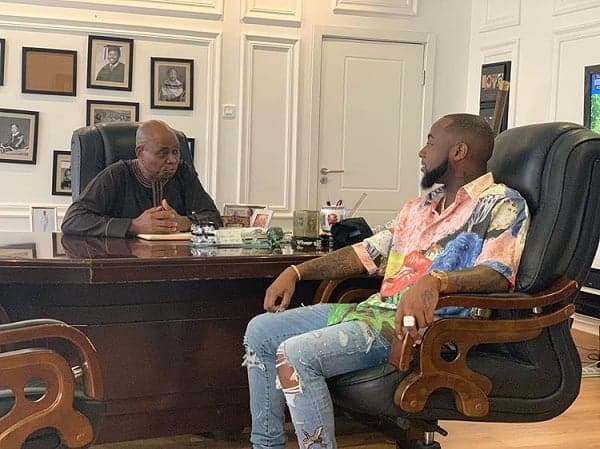
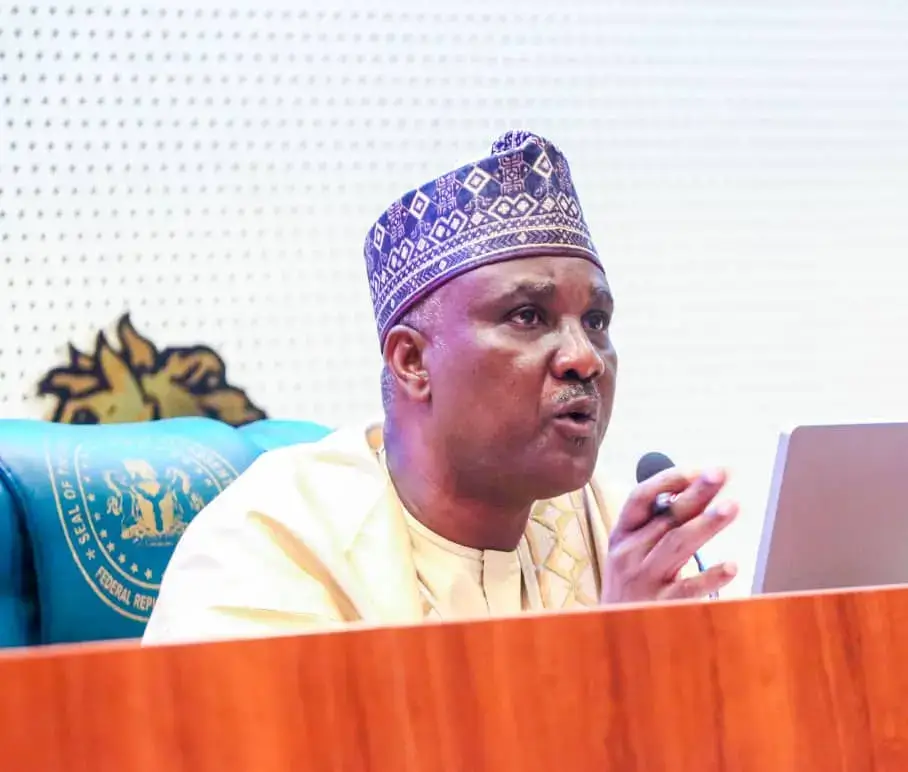

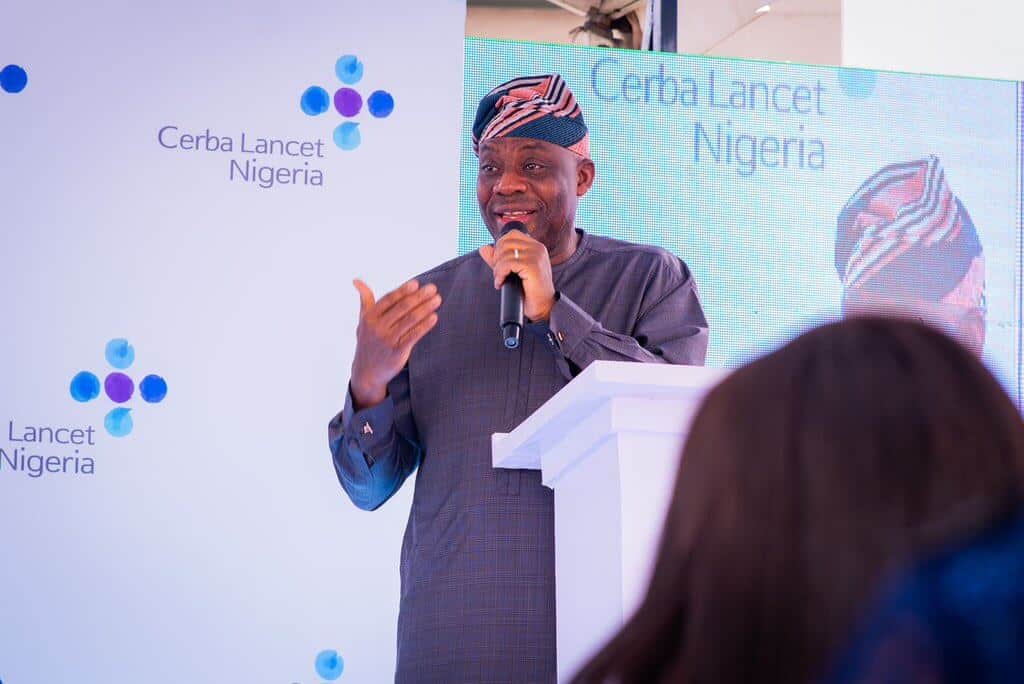
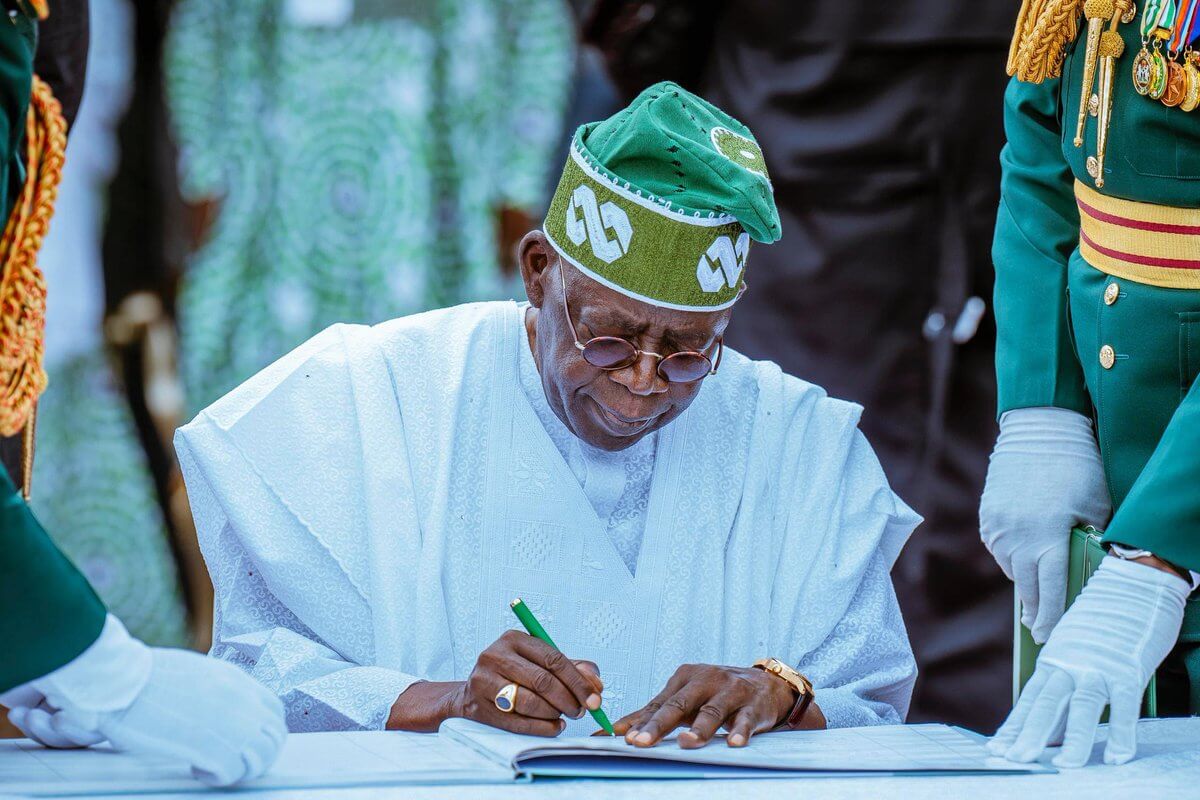
No comments:
Post a Comment
We love to hear from you!
THANKS.